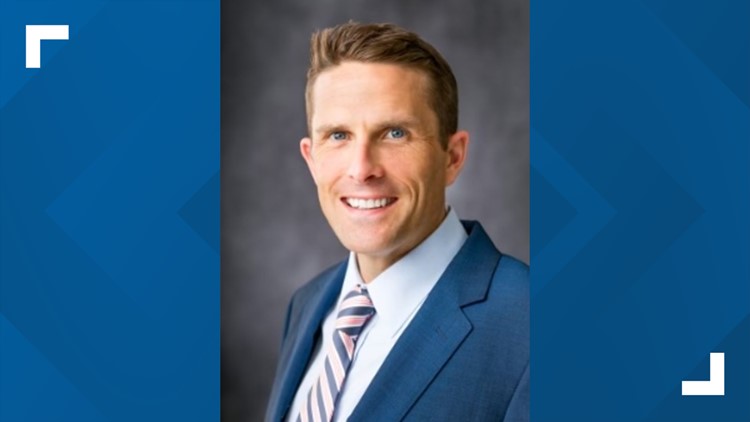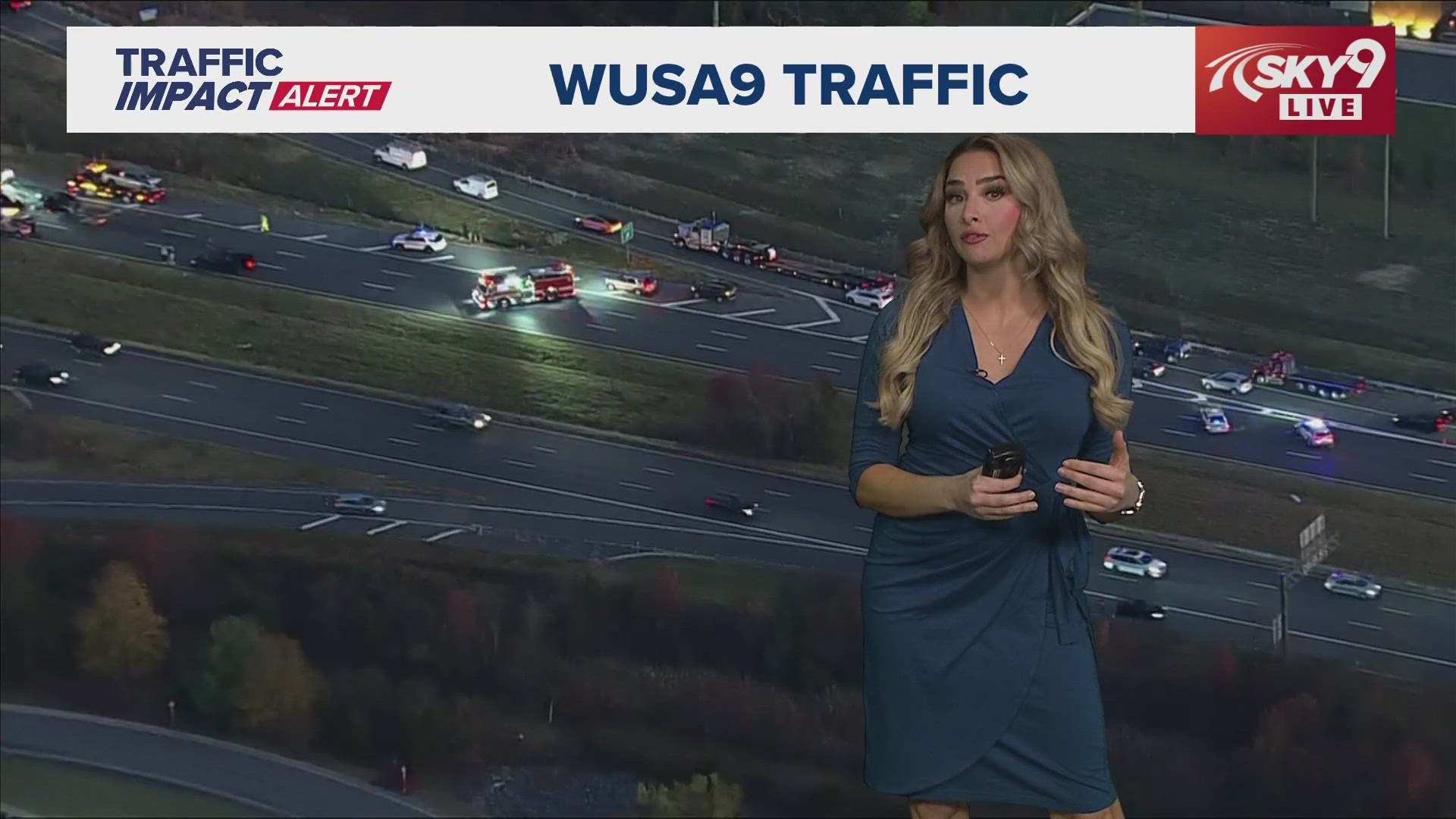WASHINGTON — EDITOR'S NOTE: A previous version of this story incorrectly stated that a definitive cause was identified for what's behind problems with the 7000 series Metro railcars. That investigation remains ongoing.
WMATA’s Board of Directors announced a new CEO and general manager Tuesday morning. Randy Clarke, who currently serves as the president and CEO of Capital Metro in Austin, Texas, will take on the new role.
The announcement comes after Metro's current leader, Paul Wiedefeld, announced in January he would retire from the agency on June 30 following six years of service.
Clarke will begin the position in late summer and was selected "following an exhaustive nationwide search, which included important stakeholder and public input," WMATA stated in a release.
The chair of WMATA's Board of Directors, Paul Smedberg, said that Clarke served in his current role since March 2018 and that, just months before the pandemic, Capital Metro experienced the highest year-over-year ridership growth across the country for 17 months following the redesign and optimization of its bus network. Clarke also helped lead Austin's transit agency through the November 2020 election when voters approved the $7 billion Project Connect plan.
"All along, my desire has been to see more communities served through providing better access to high-quality transit, and it’s been an honor to have served the people of Austin and Central Texas,” Clarke said in a statement.
Clarke emphasized that he is committed to being a daily transit rider himself, along with his wife, and that "there is no one in this community who wants a safe, reliable, frequent service," more than he does.
Wiedefeld was hired as GM in 2015, 10 months after a smoke incident at L’Enfant plaza left one woman, Carol Glover, dead. Clarke's job announcement comes seven months after a train derailed in Arlington. Fortunately, no one was hurt and an investigation into problems with the wheel and axle assemblies on the new 7000 series railcars remains underway. All of those railcars remain out of service. But it appears in turbulent times, WMATA turns to new leadership.
Clarke is not accepting the new position without a challenge. Just Monday, WMATA released a new report that said it is seeing an increase in riders using trains and buses, outpacing its own user forecast, as well as customer satisfaction and rail reliability numbers decreasing.
Customer satisfaction has fallen from 91% to 68% between Q1 and Q3 for Fiscal Year 2022, which is below the agency's target metric of 84%. Metro attributes the decrease to service reductions following an October 2021 derailment and COVID-related staffing shortages.
"I’m going to be laser-focused on delivering safe and reliable service," said Clarke in a sit-down interview after his announcement. "It's not about me it’s about, structurally and culturally, an organization that has values built into everyone whether its empowerment of staff accountability. This is a safe system. There have been incidents and the team is a quality team and they’re working through the topics, but this is a safe system.”
Recent crime data shows aggravated assaults and robberies on Metro spiked in 2021. Clarke said he’ll meet with the transit police chief about ways to increase security.
"Buses and trains connect people to healthcare and education and life, so to me we can’t be rail-centric," Clarke said when asked about issues of equity and transportation access to underserved black and brown communities. "But bus is also really important. They have to work together so the whole bus redesign program really has to get kicked off.”
WMATA also shared that Clarke's current work at Capital Metro has helped that system lead the industry in its diversity, equity and inclusion program, with a specific focus on collaboration with labor partners and community groups. Clarke plans to continue that focus at WMATA, officials said.
Clarke also believes a redesign in service hours may be the answer to increasing ridership.
“Tyson’s is exploding with growth, Potomac Yards, the Navy Yard looks totally different than it did 10,15 years ago," he said. "People going to Nats games at night or working at Nats park need great service just as much as someone going to a federal job at morning rush hour.”
When asked what he hopes to accomplish in his first 100 days on the job he mentioned the ongoing work to get the 7,000 series back in operation following the October derailment.
"Initial tactical topics to work through, like the 7,000 series, the Yellow Line diversion coming up, Silver Line phase 2, the bus redesign program," he said listing his top priorities. "And second factor, is that I’ll be doing a ton of what I call 'listening and learning tours.'"
Clarke said you "wouldn't buy a restaurant without tasting the food first," so he will be riding Metro trains and buses to get feedback from customers.
WATCH | FULL NEWS CONFERENCE INTRODUCING RANDY CLARKE AS CEO
Before his work in Texas, Clarke also served at the Massachusetts Bay Transportation Authority (MBTA) for six years beginning in 2009. He took part in several roles, including deputy chief operating officer, chief safety officer and director of security and emergency management.
Beginning in 2016, Clarke also served as vice president of operations and member services at the American Public Transportation Association for two years, leading safety audits and industry peer reviews throughout the country.



